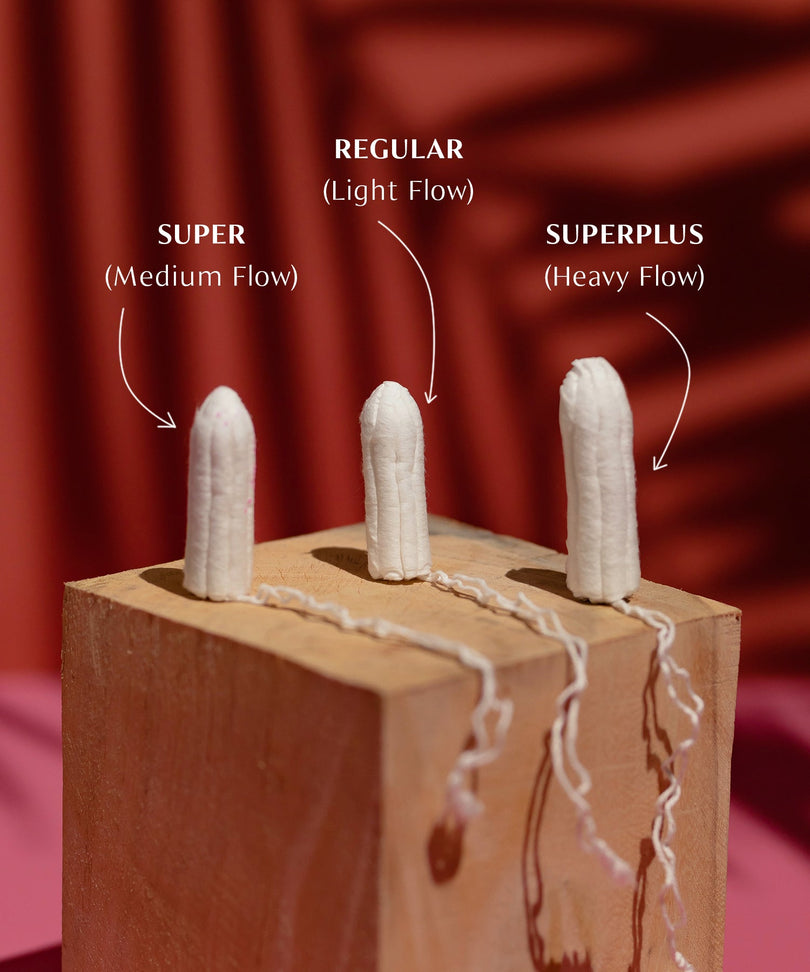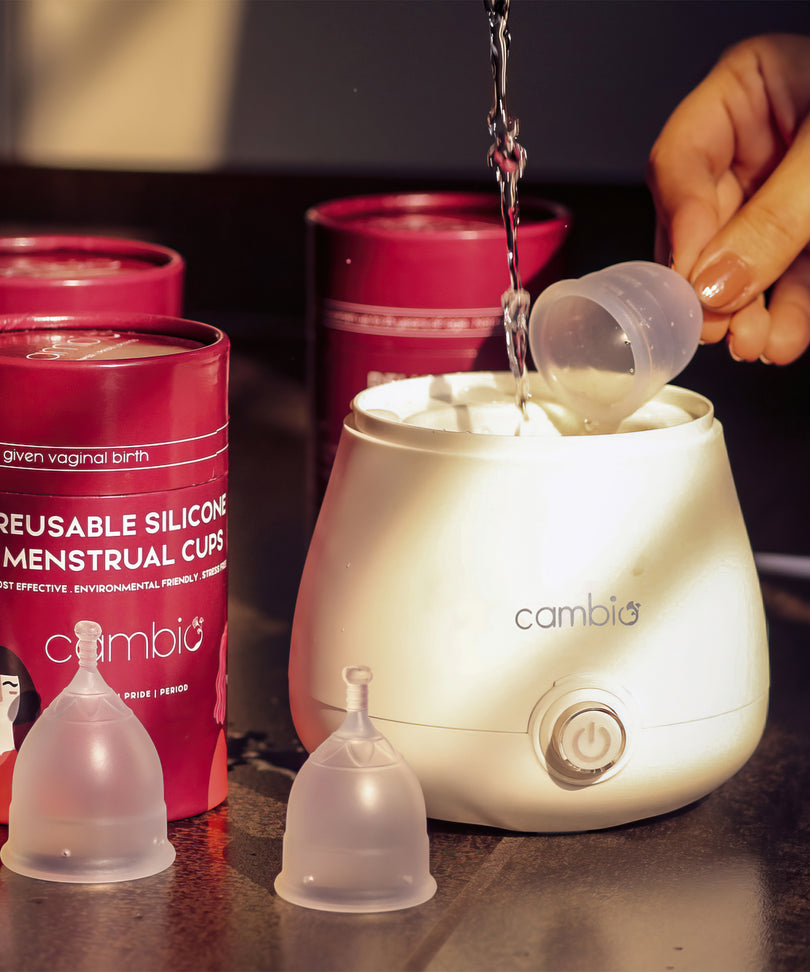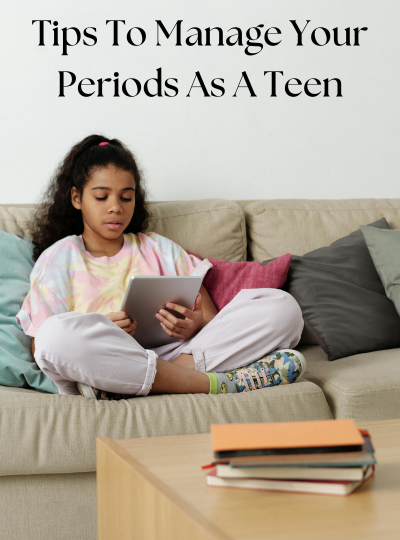What is Birth Control?
Birth Control or Contraception is the use of medicines, devices, or surgery to prevent pregnancy. There are various options available. Surgeries such as a tubal ligation for females and a vasectomy for males are irreversible, whereas using hormonal methods, such as oral contraceptives, a contraceptive patch or a vaginal ring, allows one to get pregnant in the future.
Birth control is recommended for sexually active women who want to engage in safe sex without the risk of getting pregnant, however, some birth control medicines may also be prescribed to treat menstrual disorders including PCOS.
How will birth control affect my bleeding?
All birth control methods that alter your hormone levels can affect your menstrual bleeding. Depending on the type of birth control method, your bleeding may increase or decrease, your periods may be longer or shorter, and you may experience spotting, especially if you recently started using birth control.
Birth Control Pills
Originally, birth control pills containing both estrogen and progestin are packaged in 28 pill dosages for 28 days. The first 21 pills contain active hormones that suppress your body’s fertility and prevent ovulation, while the last 7 pills are inactive placebos that allow you to maintain the habit of taking your daily pill.
You may experience withdrawal bleeding when taking the inactive pills, however this is not equivalent to having a period.
You may also experience spotting and irregular bleeding for the first few months after starting birth control. If you use a progestin-only pill, the chances of spotting increase. Your spotting can also be caused by missing a dose or taking the pill late.
Vaginal Ring
A vaginal ring is inserted high into the vagina to release estrogen and progestin which prevents ovulation. It is traditionally left inside for three weeks and removed for one week to allow for withdrawal bleeding.
You may experience spotting in between periods, especially within the first three months of starting to use a vaginal ring.
Intrauterine Devices (IUDs)
Two types of IUDs are available: copper and progestin IUDs.
The copper IUD is used to create a toxic environment for sperm inside the uterus and can even be used for emergency contraception if inserted within five days of unprotected sex. Using a copper IUD can cause heavier periods, increased cramping and spotting between periods for the first six months of use.
A progestin IUD releases progestin, thickens cervical mucus, and prevents ovulation. Using this can cause spotting and irregular bleeding for the first six months of use, which improve with time. Long-term progestin-IUD users tend to have very light periods or no periods at all. A progestin-IUD can work effectively for up to five years.
Emergency Contraceptives
You can take an emergency contraceptive if you are not on birth control but want to prevent pregnancy, especially after having unprotected sex. The impact of an emergency contraceptive pill on your period will depend on where you are along your menstrual cycle.
Your period will come early if you take the pill during the first three weeks of your cycle, and will last longer than usual. If you took the pill after ovulation, your period may start later than usual. If your period is more than a few days, it is recommended to take a pregnancy test.
Also read - Is watery period blood a sign of pregnancy?
Can you use birth control to delay periods?
While birth control is primarily used to prevent unwanted pregnancies, it can also be used to delay or reduce the frequency of your periods, for medical or personal reasons.
Delaying your periods can have benefits as well, especially if you have:
-
A condition that worsens during menstruation, including endometriosis, anemia, or PCOS.
-
A physical/mental disability which prevents you from using period products safely.
-
Severe PMS symptoms including sore breasts, bloating, headaches and mood swings.
-
Heavy and severely painful periods.
If your doctor can prescribe you forms of hormonal birth control, it’s probably safe for you to use it to delay or prevent periods. You can bring up the topic with your doctor and they can guide you about the best options to suit your needs.
When should I see a doctor about irregular bleeding?
Since everyone has a slightly different reaction to hormonal birth control, irregular bleeding can be hard to classify as normal or abnormal. It’s ideal to go on a birth control program with the supervision of a doctor to check if your body is reacting appropriately.
You should consider going to a doctor for irregular bleeding if:
-
You’re losing too much blood
-
You’re experiencing severe pain
-
You recently had sex
-
You’re pregnant
-
You’ve been using the same birth control for over three months
Also read - How to get periods immediately to avoid pregnancy?
Does missing a period mean I’m pregnant?
There are many reasons you could miss a period that aren’t pregnancy, like stress, travelling, dietary changes, or strenuous exercise.
Even while taking birth control correctly, the chances of getting pregnant are not fully zero.
If you’re sexually active and have noticed any unusual spotting or have skipped your period, you can take a pregnancy test and contact your doctor. The chances of you getting pregnant increase in case you missed a dose recently. Missing two or more doses of pills in a row will likely cause your birth control to fail.
If you’ve been regular with your doses and have not been sexually active, it’s unlike that your missed period is an indication of pregnancy.
Read more
Can you get pregnant right before your period?
Why am I so horny on my period?
Can having sex delay during period?









